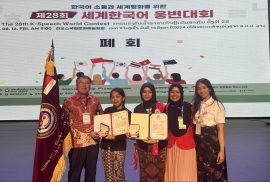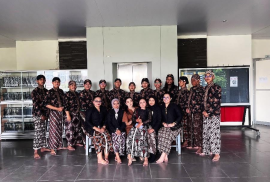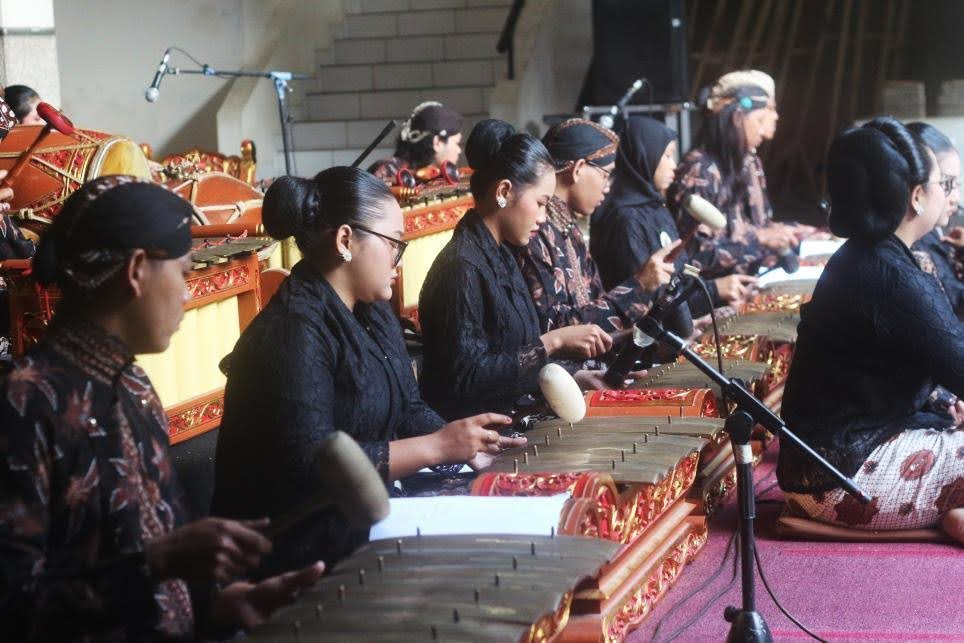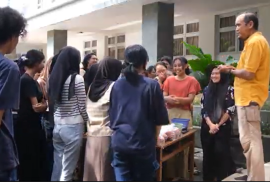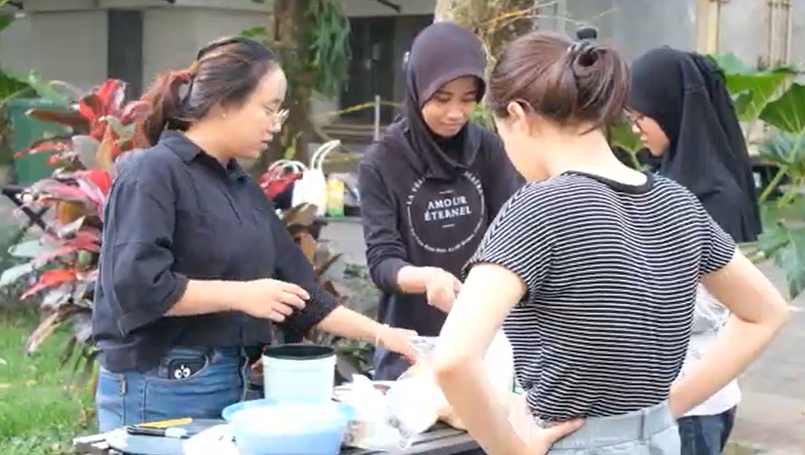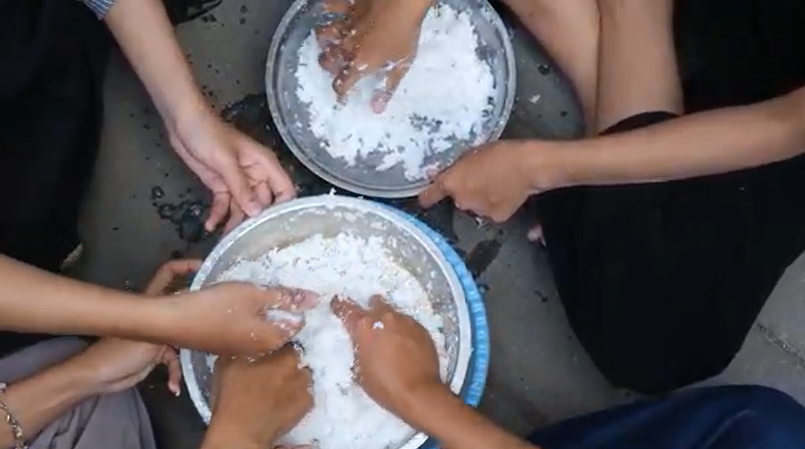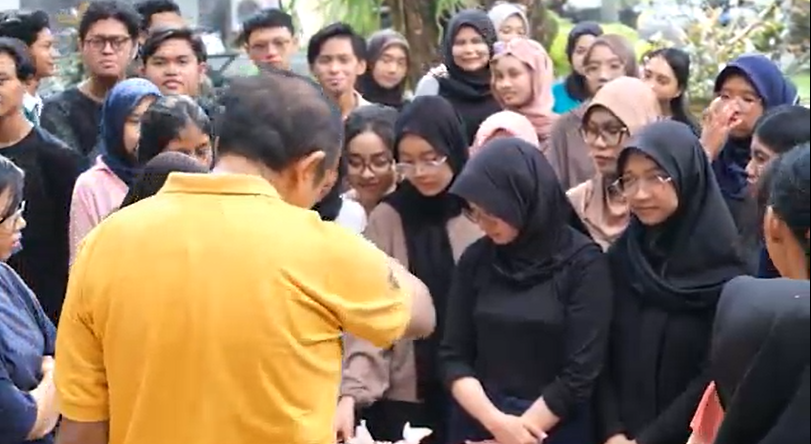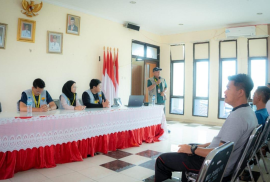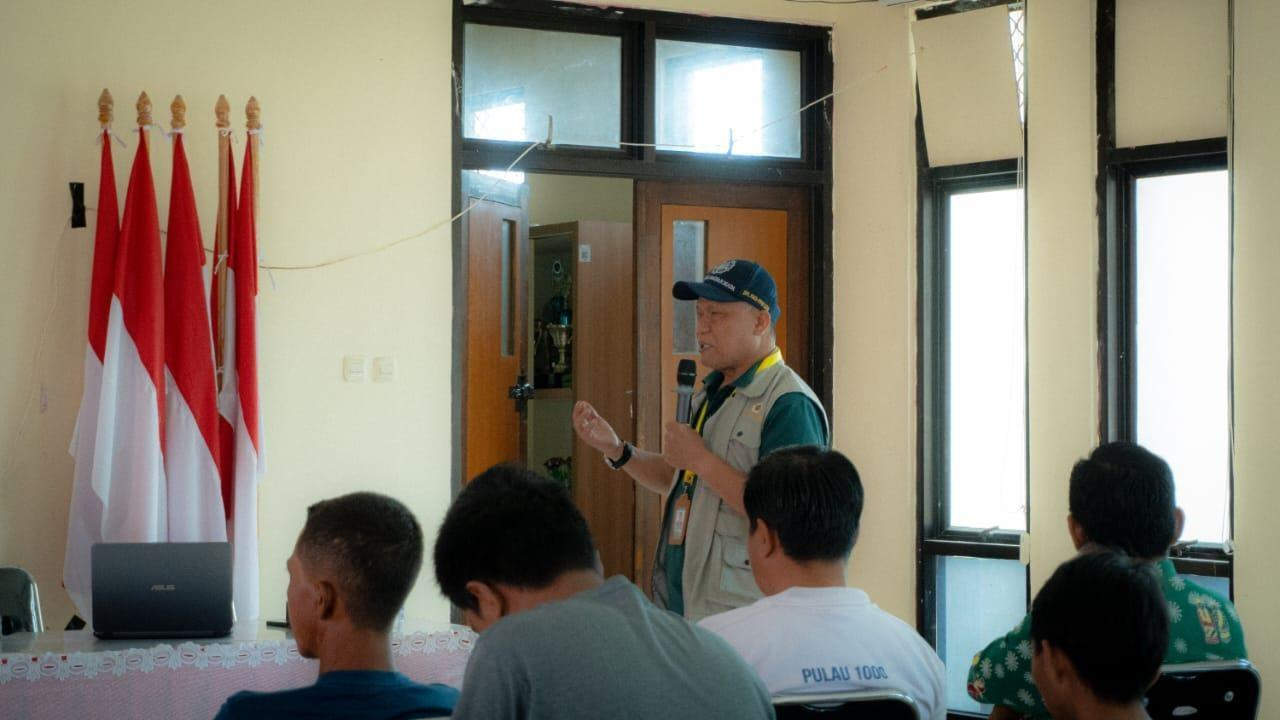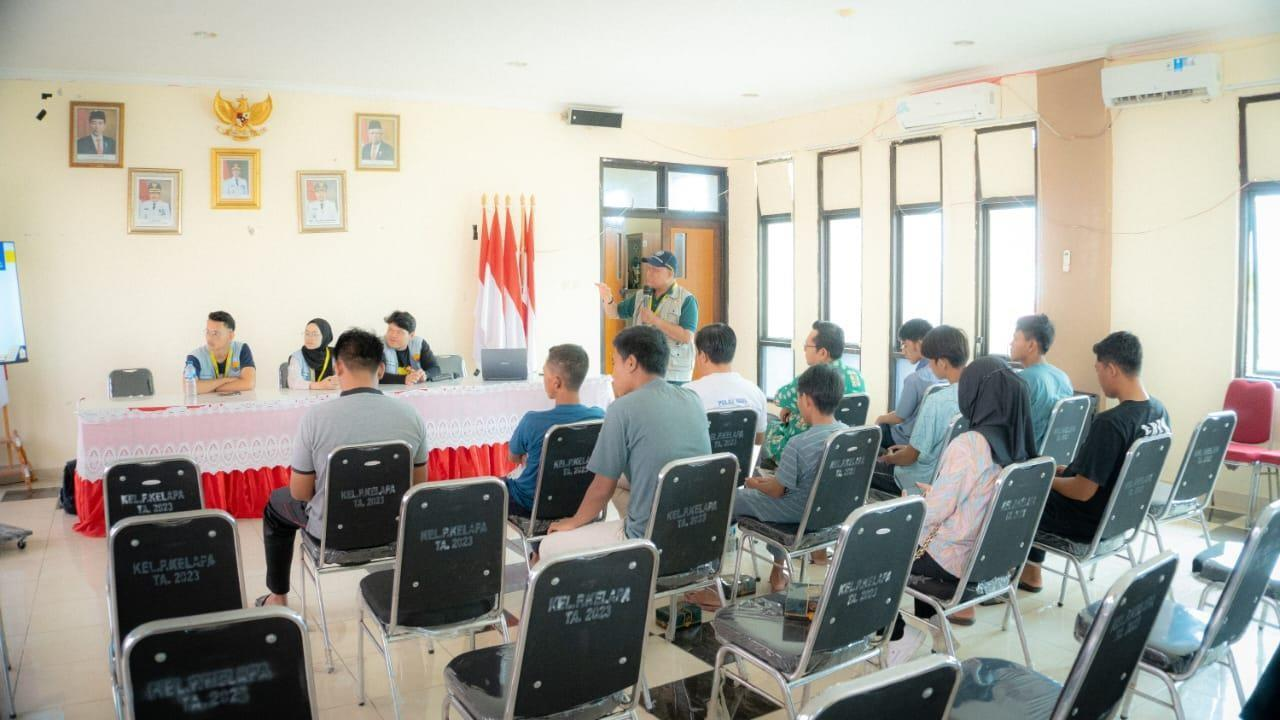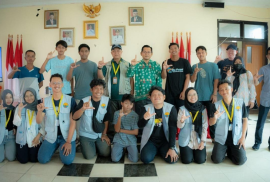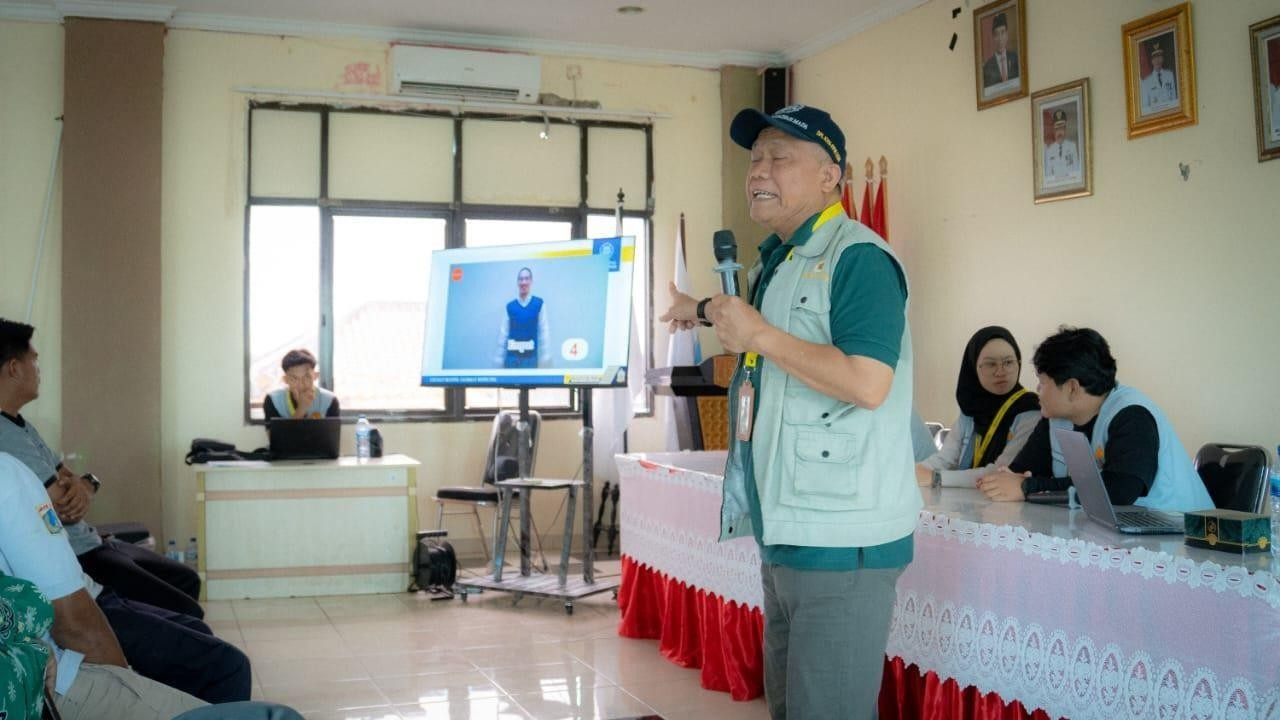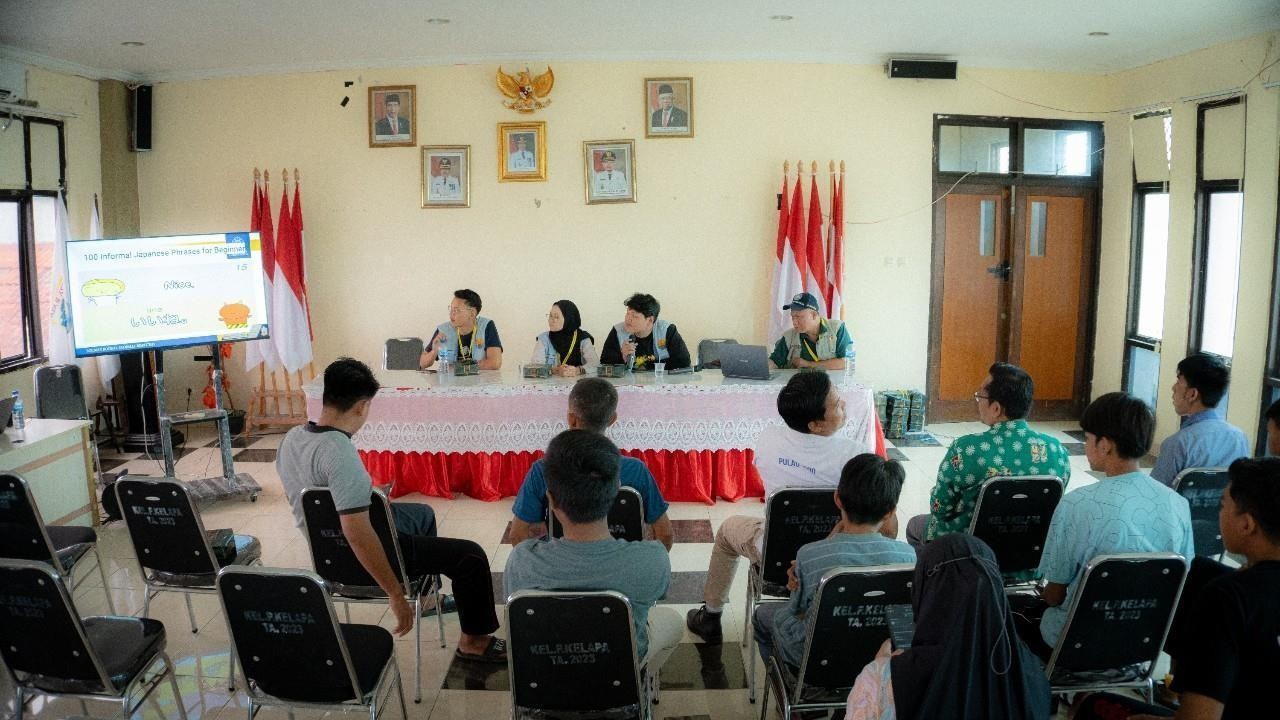Laos, August 16 – UGM Korean Language and Culture Study Program student, Anggita Lintang Herdiwan (2022) advanced as a representative of Indonesia in The 28th K-Speech World Contest. Previously, Anggita had won first place in The 22nd K-Speech Oratory Contest Indonesia. By winning first place, Anggita was able to become one of Indonesia’s representatives in The 28th K-Speech World Contest. The competition was held on August 16, 2024 at the Lao National Cultural and Arts Hall, Laos.
The event began with an Oratorical Speech Demonstration performance and an appearance from Trot President, Lee Seung Yul. Then, the opening ceremony began with the entry of representatives from 20 countries, namely France, Ethiopia, Indonesia, Timor Leste, Sri Lanka, Australia, Japan, Philippines, China, Mongolia, Kyrgyzstan, Uzbekistan, Malaysia, Singapore, Vietnam, Thailand, Myanmar, Cambodia, Laos, and South Korea. Followed by opening speeches and remarks from related parties, as well as announcements of judging rules.
The implementation of the speech competition was carried out based on the order that had been randomized the day before. Starting from the team category consisting of 6 teams, the individual foreigner category consisting of 16 people, elementary school as many as 9 people, middle school as many as 6 people, general and university students as many as 4 people, and the category of Koreans living abroad as many as 7 people. After the judges gave their overall evaluation, there was a cultural performance from Laos. The event ended with an awarding ceremony and closing ceremony.
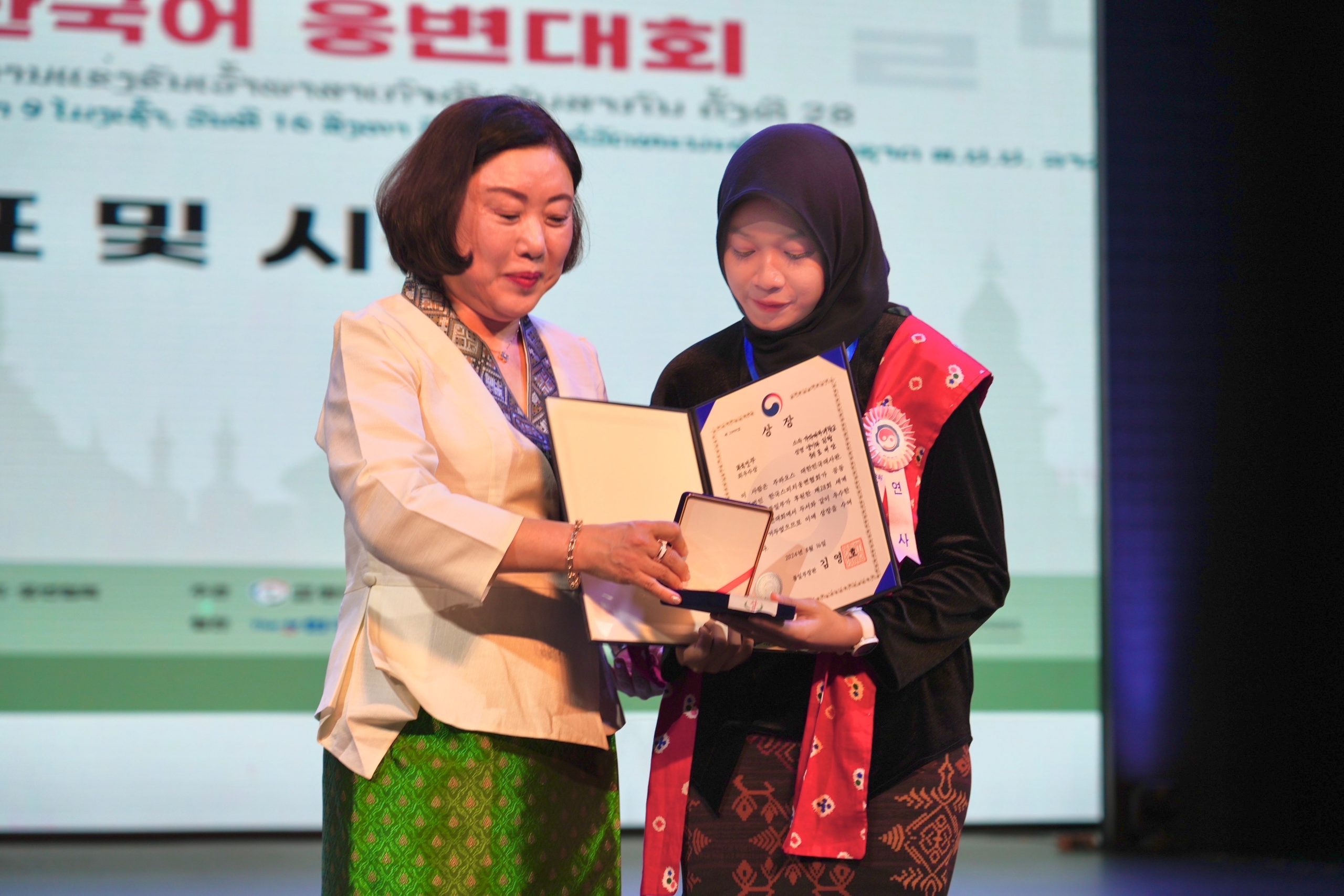
As one of the representatives from Indonesia, Anggita managed to get 최우수상 or an award equivalent to third place awarded by 통일부 (Ministry of Unification).
This competition can realize the potential of students, namely the ability to speak Korean in public. This is one of the potentials that UGM Korean Language and Culture Study Program expects each of its students to have. Of course, this can be achieved by the courage of students and the provisions provided by all lecturers of the study program.

